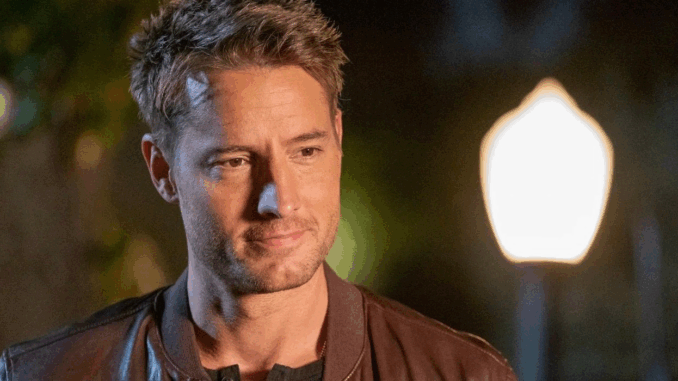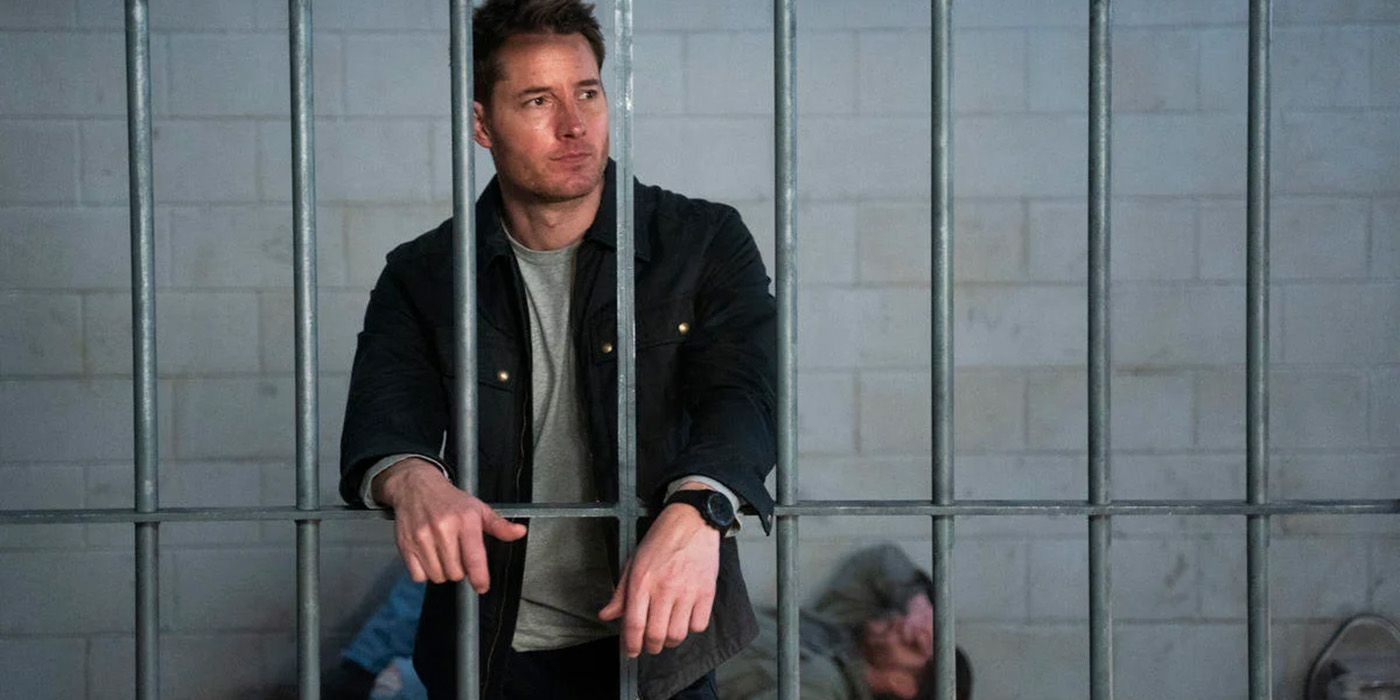
Justin Hartley has earned acclaim for his versatility, but perhaps nowhere is that range more evident than in his two standout television roles: Kevin Pearson in NBC’s This Is Us and Colter Shaw in CBS’s Tracker. While both characters are played by the same actor, they are worlds apart in terms of personality, purpose, and narrative depth. Here’s a deep dive into what sets them apart — and how each role reflects a different facet of Hartley’s talent.
The Emotional Core: Kevin Pearson’s Vulnerability vs. Colter Shaw’s Stoicism
Kevin Pearson is a deeply emotional, often fragile man. In This Is Us, his storyline is laced with vulnerability — addiction, fatherhood, fame, and the endless pursuit of identity and validation. Audiences saw him fall apart and rebuild himself over and over, often failing forward in pursuit of growth. He was messy, honest, and relatable.
Colter Shaw, on the other hand, is emotionally guarded. In Tracker, Shaw is a lone-wolf survivalist and reward seeker who follows leads and rescues people for a living. He is not devoid of emotion, but his life is ruled by logic, calculation, and survival instincts. The emotional moments are there — especially when dealing with his traumatic past — but they are rare and subtle. His armor is thick, a far cry from Kevin’s wear-it-on-your-sleeve sensitivity.
Environment and Stakes: Domestic Drama vs. High-Stakes Mystery
The worlds these characters inhabit are drastically different. Kevin’s story was a domestic, character-driven drama steeped in family dynamics, past trauma, and personal evolution. The stakes were internal — heartbreak, reconciliation, addiction, redemption. Audiences were pulled into the everyday details of his life, like raising twins or reconciling with his siblings.
In Tracker, Colter Shaw operates in a high-octane environment where the stakes are literal life or death. Each episode features a different case that requires physical danger, mental agility, and moral compromise. Shaw navigates crime scenes, wilderness, and broken families, often with a ticking clock. The pacing is fast, the tone is urgent, and the storytelling is procedural rather than emotional — a stark contrast to This Is Us‘ meditative approach.
Personal Mission: Healing the Past vs. Running from It

Kevin Pearson spends much of This Is Us trying to make peace with his past — his father’s death, his own failures, and his role within a complicated family. His journey is about looking inward and finding wholeness.
Colter Shaw, conversely, is defined by running — both literally and metaphorically. His father’s paranoia and violent death haunt him, but he keeps moving. Shaw uses his mission to help others as a way to distract from confronting his own past. He is haunted, but he hides it well — solving cases keeps him from dealing with personal trauma.
Relationships: Kevin’s Family Ties vs. Colter’s Isolation
Relationships are central to Kevin’s identity. Whether it’s his siblings, his mother, his romantic partners, or his children, Kevin is constantly negotiating his place in people’s lives. His evolution is tied to how he matures within these relationships.
Colter Shaw exists largely in solitude. He has professional contacts, old friends, and some family threads — including a strained relationship with his brother and the mystery of his missing father — but he is not tethered to anyone. Connection is fleeting, often secondary to the mission. Even romantic possibilities are kept at arm’s length.
Performance Range: Two Different Facets of Hartley’s Talent
Justin Hartley has proven with these roles that he’s far more than just a charming leading man. In This Is Us, he brought out a raw emotionality that connected deeply with audiences. Kevin’s breakdowns, moments of insight, and evolution were grounded in heartfelt realism.
In Tracker, Hartley leans into physicality, control, and mental sharpness. The role is less about vulnerability and more about strength, grit, and strategy. His stoic, focused presence carries the procedural tone of the show.
Each role pushes him in a different direction — one inward, one outward — allowing Hartley to flex both his dramatic and action-oriented muscles.
Reception: Two Shows, Two Audiences
This Is Us was a critical darling and cultural phenomenon, drawing fans who sought deep emotional storytelling. Kevin’s arc was part of what made the series resonate for millions.
Tracker appeals to a different crowd — fans of mystery, crime-solving, and episodic drama. It’s a hit in its own right, becoming one of CBS’s biggest recent premieres. But it’s designed for viewers who want action, intrigue, and problem-solving more than emotional introspection.
Conclusion: A Testament to Justin Hartley’s Evolution
The contrast between Kevin Pearson and Colter Shaw isn’t just a difference in character — it’s a testament to Justin Hartley’s evolution as an actor. In This Is Us, he gave us a portrait of a man learning to love himself. In Tracker, he delivers a complex puzzle-solver who helps others while avoiding his own healing.
Together, these two roles show the full arc of Hartley’s range — emotional depth and physical control, heart and head, chaos and composure. Whether you prefer the quiet family moments of This Is Us or the adrenaline-pumping tension of Tracker, there’s no denying that Justin Hartley knows how to command the screen in very different — but equally compelling — ways.
